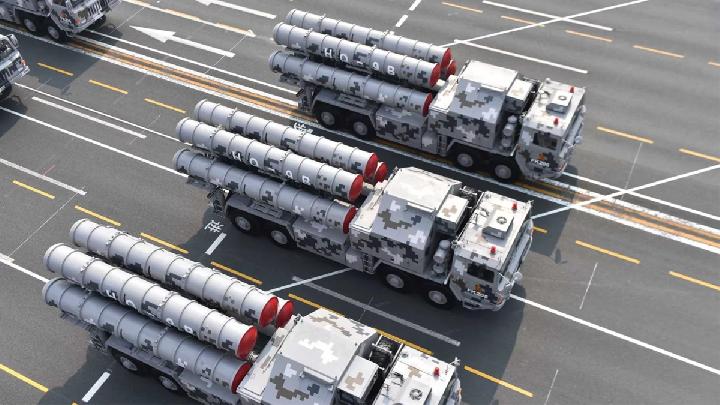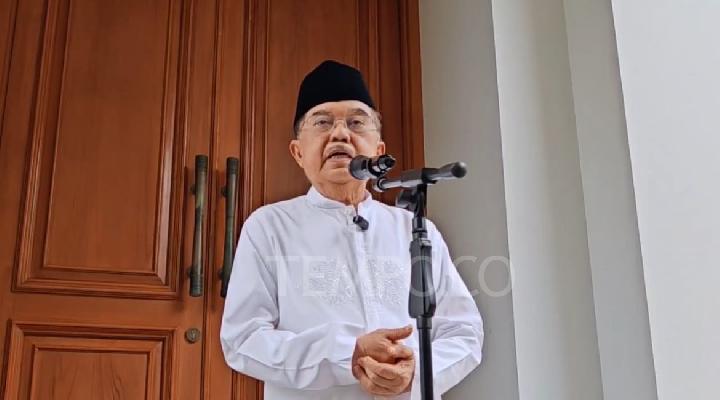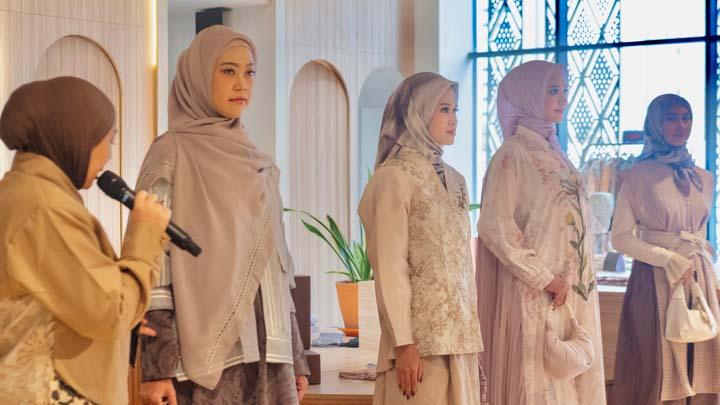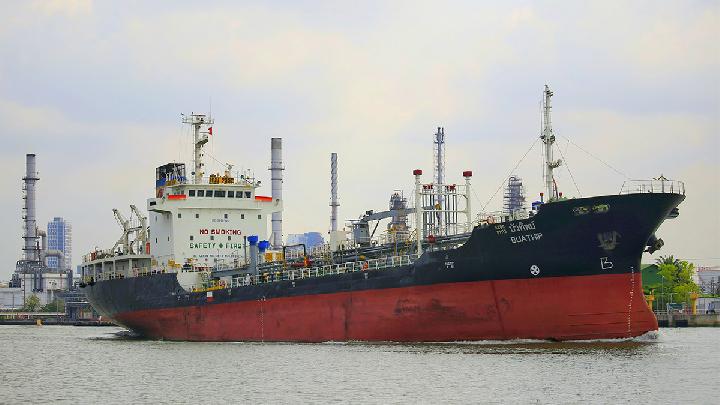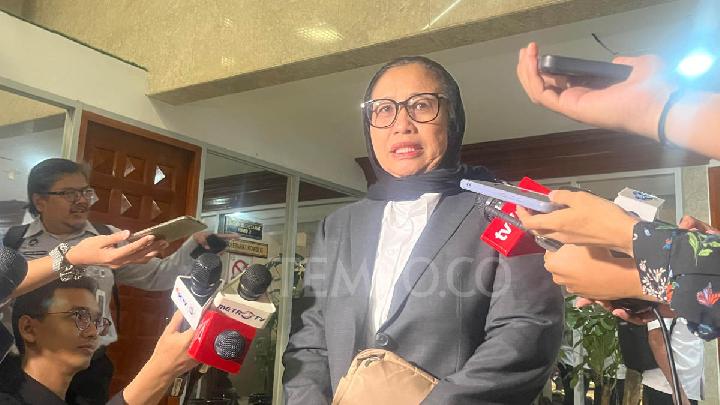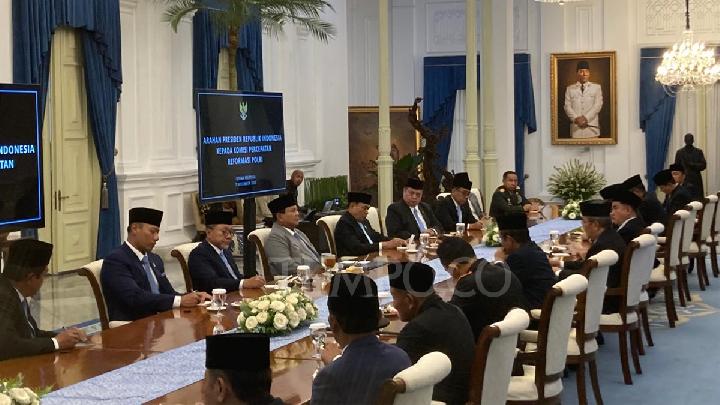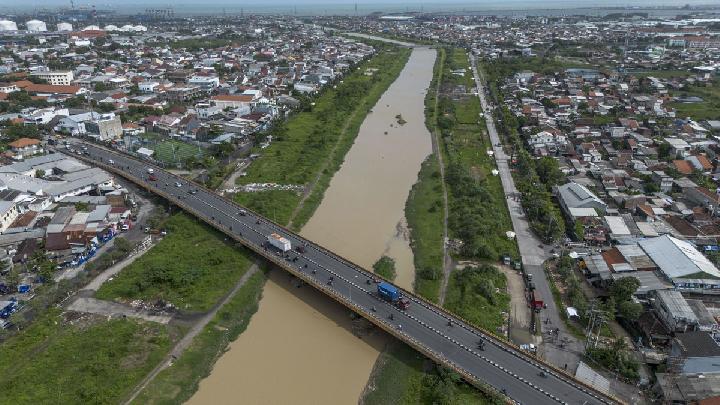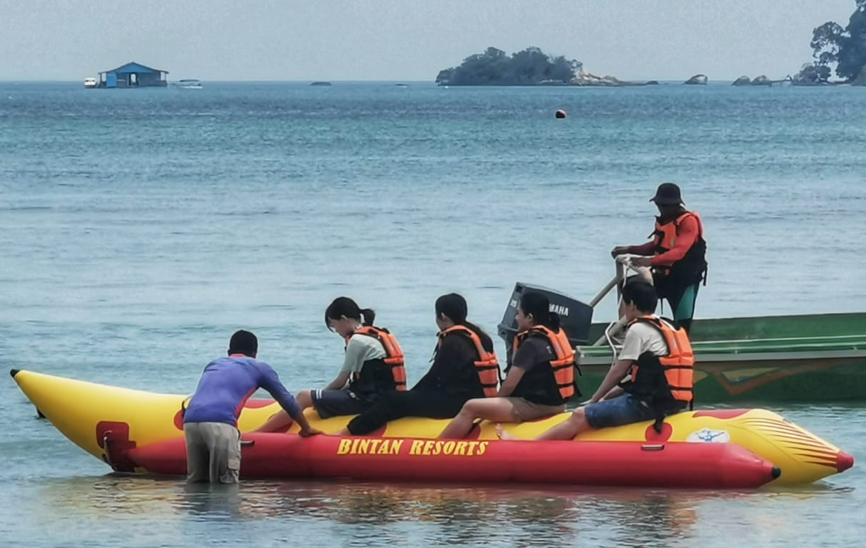TEMPO.CO, Jakarta - The Investment Management Agency Danantara Indonesia is currently reviewing a proposed merger between the state-owned airline Garuda Indonesia and Pelita Air, a subsidiary of state oil and gas giant PT Pertamina.
"Basically, the purpose [of a merger] is to enhance efficiency, productivity, and optimize the existing assets, including flight hours, aircraft parts, and others. Everything is being evaluated," said Danantara CEO Rosan Roeslani at the Presidential Palace in Jakarta on Tuesday, September 16, 2025.
The Reasons Behind the Garuda Indonesia-Pelita Air Merger Plan
The plan to merge Pelita Air with Garuda Indonesia was initially revealed by Pertamina's President Director, Simon Aloysius. Simon explained that this consolidation is part of Pertamina's strategic focus on its core business sectors of oil, gas, and renewable energy.
"We will focus on Pertamina's core business. Some businesses will be spun off and may be under the coordination of Danantara," Simon said during a hearing with the House of Representatives Commission VI at the Parliament Complex in Senayan, Jakarta, on Thursday, September 11, 2025.
Meanwhile, Garuda Indonesia's President Director, Wamildan Tsani, stated that the merger plan is still in an exploratory phase. "The discussion of the consolidation of state-owned enterprises in the aviation sector is still in the early stages, and in relation to this, the company continues to coordinate with the relevant stakeholders," Wamildan noted in a disclosure at the Indonesia Stock Exchange on Monday, September 15, 2025.
Criticisms and Concerns over the Garuda Indonesia-Pelita Air Merger Plan
The merger has faced strong criticism, particularly from Mufti Anam, a member of the House of Representatives Commission VI. Anam expressed his disappointment with Garuda's performance and praised Pelita Air for its punctuality, cleanliness, and service.
"I don't want Garuda to hijack Pelita Air, which is already good, our pride airline, and then eventually be ruined due to the chaotic work culture at Garuda Indonesia," he said.
Herry Gunawan, Director of the Next Indonesia Center, also raised concerns, arguing that the merger would be a burden on Pertamina. He stated that Pertamina, as Pelita Air's owner, might be forced to bear Garuda's financial difficulties. "It's like asking Pertamina to carry Garuda, which is currently suffering losses due to a large financial burden," he told Tempo on Wednesday, September 23, 2025.
Herry argued that if Pertamina is determined to divest Pelita, it would be better for Garuda to acquire it outright. Otherwise, Pertamina, which is currently a profitable entity, should not be encumbered by Garuda's financial troubles.
According to him, the merger plan doesn't solve the core issues facing both state-owned airlines. In the first half of 2025, Garuda reported a loss of US$142.8 million, or roughly Rp2.3 trillion (at an exchange rate of Rp16,646 per US dollar), a significant increase from the Rp1.6 trillion loss during the same period the previous year.
Meanwhile, Pelita Air's assets were valued at just US$101.5 million, or Rp1.6 trillion, as of December 2024. Its liabilities were Rp1.1 trillion, with equity at Rp519 billion.
Herry stressed that Pertamina should not take on new burdens amid broader business consolidation. "Regarding the profit and loss of this consolidation, it will not solve the problems faced by Garuda. Pelita Air's assets are also very small," he stated.
Potential Benefits and Broader Context
Nevertheless, Herry acknowledged that the consolidation could have benefits. He noted that Danantara could focus on restructuring the aviation business as a state-owned enterprise holding company, and the airlines could operate more efficiently under a single management.
"Garuda will benefit more, as it would receive injections of assets and cash, considering that Pelita Air was a profitable company in 2024, even though it suffered losses in the previous two years," he explained.
In addition to potential benefits, Herry warned that the merger poses risks to Pertamina, which would lose assets, even if it gains a clearer focus on its oil and gas business. He also highlighted the potential loss of brand identity for both airlines, though he considered this a matter of sentiment. "What matters is that the excellent services that have been provided by Garuda and Pelita all this time will continue to be offered. Thus, their fanatic customers can still be served," he added.
According to Herry, the government should strive for a healthy and cohesive aviation sector. However, he cautioned against burdening a profitable company with the problems of a struggling one. "But, don't burden state-owned enterprises like Pertamina with Garuda's problems," he said.
He also argued that having multiple state-owned companies operating in the same sector is inefficient. Serving customers, he noted, could be managed through one company capable of handling diverse market segments.
Herry sees this as a challenge for Danantara to comprehensively improve state-owned enterprise businesses. "Moreover, there are too many unhealthy state-owned enterprises. Don't just pursue profits so that state-owned enterprises can pay large dividends," he said.
Danantara's Chief Operating Officer, Dony Oskaria, expressed appreciation for the diverse opinions on the merger plan. According to him, all input is valuable for refining the recovery and restructuring of state-owned enterprises. "I don't think it's a matter of not agreeing, of course, there are many opinions, we appreciate every opinion, whether from the public and so on," Dony stated after a meeting at the Parliament Complex in Senayan, Jakarta, on Wednesday, September 24, 2025.
He explained that the government's future roadmap for state-owned enterprises aims to consolidate multiple entities within the same industry. These mergers will not be limited to the aviation sector.
He confirmed that state-owned airlines will eventually become a single entity, similar to how the oil and gas industry will consolidate under PT Pertamina.
"Later, surely, the airline industry must become one airline industry. That's the roadmap. But in the process, of course, there are pros and cons," Dony concluded.
Alif Ilham Fajriadi, Annisa Febiola, Eka Yudha Saputra, and Anastasya Lavenia contributed to this report
Editor’s Choice: Garuda Indonesia Posts US$142.8 Million Loss in First Half of 2025
Click here to get the latest news updates from Tempo on Google News

